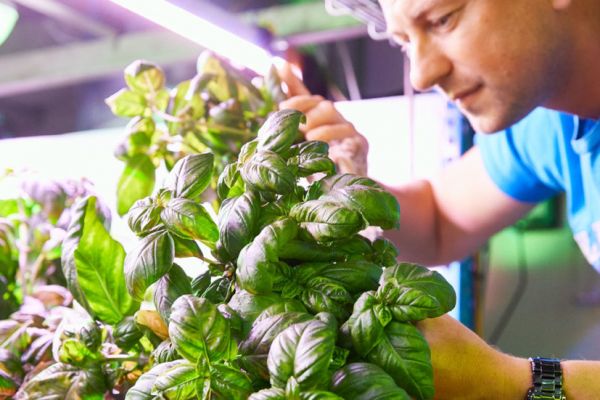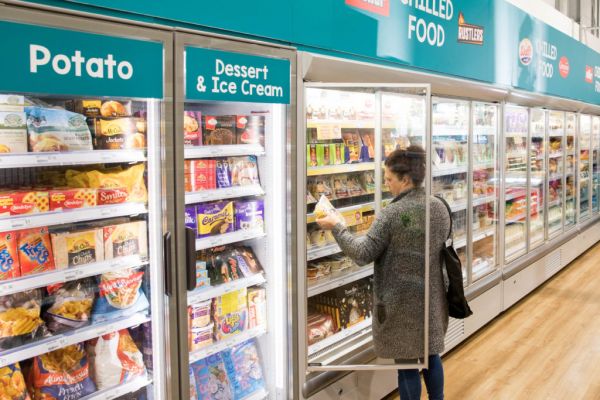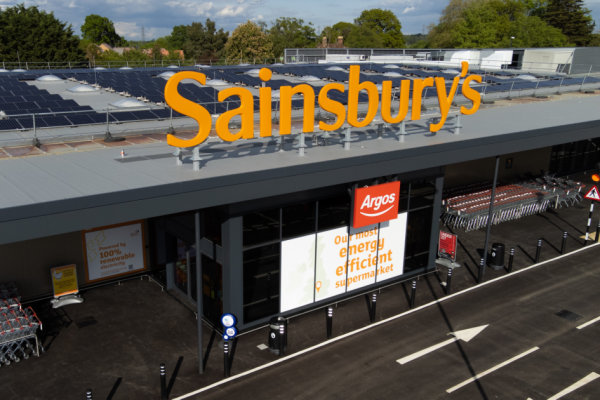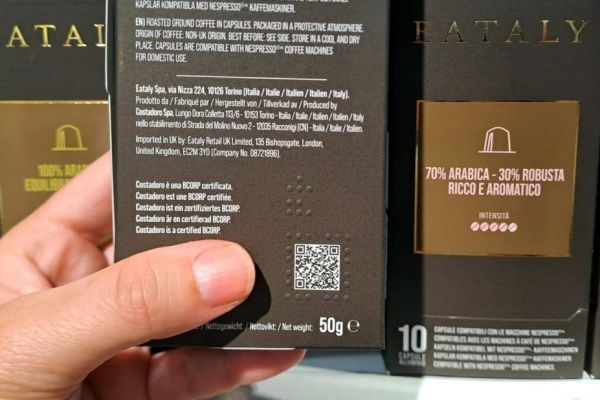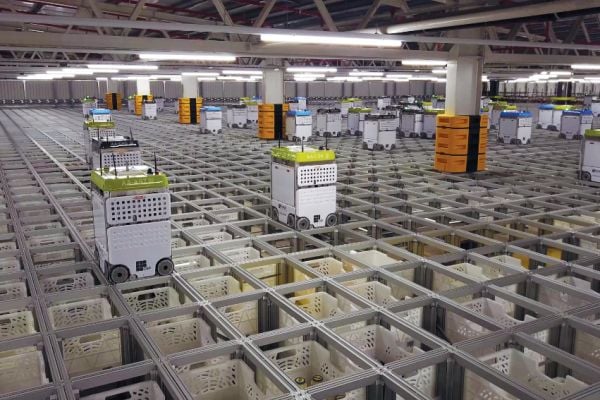The startup cost for a 'vertical farming' operation is prohibitive, and governments should step in to offer grants and tax breaks to assist this growing sector, an industry expert has said.
Simon Harvey of GlobalData was commenting following increased investment in the vertical farming industry by retailers in recent years, with Kroger and Ocado among those backing the growing sector in the past year.
Developing Market
“Cultivating fresh produce such as leafy vegetables, soft fruits and herbs in a controlled environment remains a nascent industry for now, but the myriad of firms taking up the technology expect the market to really start developing over the next five years or so," Harvey said.
“However, to get the market growing with any fervour, new crops will need to be introduced, which will require substantial investment in technology and research and development years before a venture becomes economically viable, let alone capable of producing profits.
“That presents a huge amount of risk to those seeking to join the vertical farming community, and therefore a challenge for governments and development agencies to come up with solutions, whether that be tax breaks, grants or other incentives."
Growth Potential
In January, a new report by Fortune Business Insights suggested that the vertical farming industry is set to rise by 24.8% CAGR between 2019 and 2026.
The industry, the primary aim of which is to maximise cultivation per square metre, was valued at $2.13 billion (€1.93 billion) in 2018, but could be worth $12.04 billion (€10.92 billion) by 2026.
According to GlobalData's Harvey, vertical farming should not be viewed as a direct competitor to conventional arable farming, but is more of a "complementary" method of growing produce all year round, "along with a host of other benefits, like the use of less water, zero pesticides, greater yields and higher value to the consumer because the nutritional inputs can be controlled, and without the use of soil or fields".
Venture Capitalists
This has piqued the interest of venture capitalists, who have "realised the potential of growing fresh produce in urban environments by providing investment to the entrepreneurs driving the industry," he added.
"So, too, have a selection of supermarkets in Europe, like Marks and Spencer, which are using the technology in-store.
“Nevertheless, if we are to feed the world's increasing population, particularly with people living longer lives and emerging-market countries expected to catch up with developed nations, the onus is on authorities to take the lead to incentivise vertical farming – think of electric cars as a case in point.”
Last November, Infarm, a Berlin-based vertical farming business, announced a partnership with Kroger, which will see the opening of modular, hydroponic 'farms' installed at a number of stores.
“Our partnership with Infarm allows us to innovate by combining ground-breaking in-store farming technology with our passion for fresh, local produce and ecological sourcing," Suzy Monford, Kroger’s group vice-president of fresh, commented at the time.
© 2020 European Supermarket Magazine – your source for the latest retail news. Article by Stephen Wynne-Jones. Click subscribe to sign up to ESM: European Supermarket Magazine
